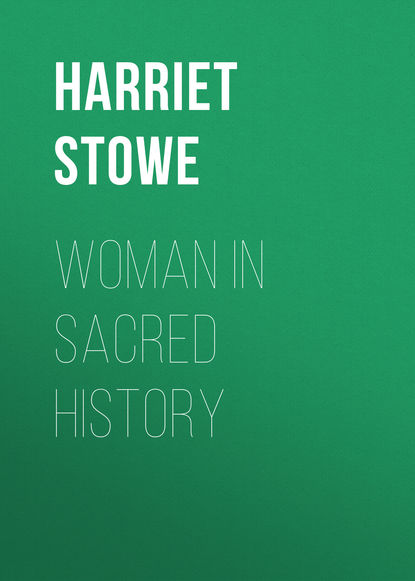По всем вопросам обращайтесь на: info@litportal.ru
(©) 2003-2024.
✖
Woman in Sacred History
Настройки чтения
Размер шрифта
Высота строк
Поля
7
The article is by Rev. F. Meyrick, M. A., one of her Majesty's inspectors of schools, late fellow and tutor of Trinity College, Oxford.
8
It is remarkable that in this interview the angel, in the same connection, informs Mary that her son shall have no human father, and that David shall be his ancestor. The inference is clear that Mary is herself of the house of David. Coincident with this we find a genealogy of Jesus in this Gospel of Luke differing entirely from the genealogy in Matthew. Very able critics have therefore contended that, as Luke evidently received his account from Mary, the genealogy he gives is that of her ancestry, and that the "Heli" who is mentioned in Luke as the ancestor of Jesus was his grandfather, the father of Mary. Very skillful and able Biblical critics have supported this view, among whom are Paulus, Spanheim, and Lightfoot. The latter goes the length of saying that there are no difficulties in these genealogies but what have been made by commentators. In Lightfoot, notes in Luke, third chapter, the argument is given at length, and he adds testimonies to show that Mary was called the daughter of Heli by the early Jewish Rabbins, who traduced her for her pretensions in reference to her son. He quotes three passages from different Rabbins in the Jerusalem Talmud, or "Chigagah," folio 77. 4, where this Mary, mother of Jesus, is denounced as the "daughter of Heli and mother of a pretender."
9
This is said by able critics to be the sense of the original.
10
The address "woman" sounds abrupt and harsh, but in the original language it was a term of respect. Our Lord, in his dying moments, used the same form to his mother, – "Woman, behold thy son."
The article is by Rev. F. Meyrick, M. A., one of her Majesty's inspectors of schools, late fellow and tutor of Trinity College, Oxford.
8
It is remarkable that in this interview the angel, in the same connection, informs Mary that her son shall have no human father, and that David shall be his ancestor. The inference is clear that Mary is herself of the house of David. Coincident with this we find a genealogy of Jesus in this Gospel of Luke differing entirely from the genealogy in Matthew. Very able critics have therefore contended that, as Luke evidently received his account from Mary, the genealogy he gives is that of her ancestry, and that the "Heli" who is mentioned in Luke as the ancestor of Jesus was his grandfather, the father of Mary. Very skillful and able Biblical critics have supported this view, among whom are Paulus, Spanheim, and Lightfoot. The latter goes the length of saying that there are no difficulties in these genealogies but what have been made by commentators. In Lightfoot, notes in Luke, third chapter, the argument is given at length, and he adds testimonies to show that Mary was called the daughter of Heli by the early Jewish Rabbins, who traduced her for her pretensions in reference to her son. He quotes three passages from different Rabbins in the Jerusalem Talmud, or "Chigagah," folio 77. 4, where this Mary, mother of Jesus, is denounced as the "daughter of Heli and mother of a pretender."
9
This is said by able critics to be the sense of the original.
10
The address "woman" sounds abrupt and harsh, but in the original language it was a term of respect. Our Lord, in his dying moments, used the same form to his mother, – "Woman, behold thy son."
















